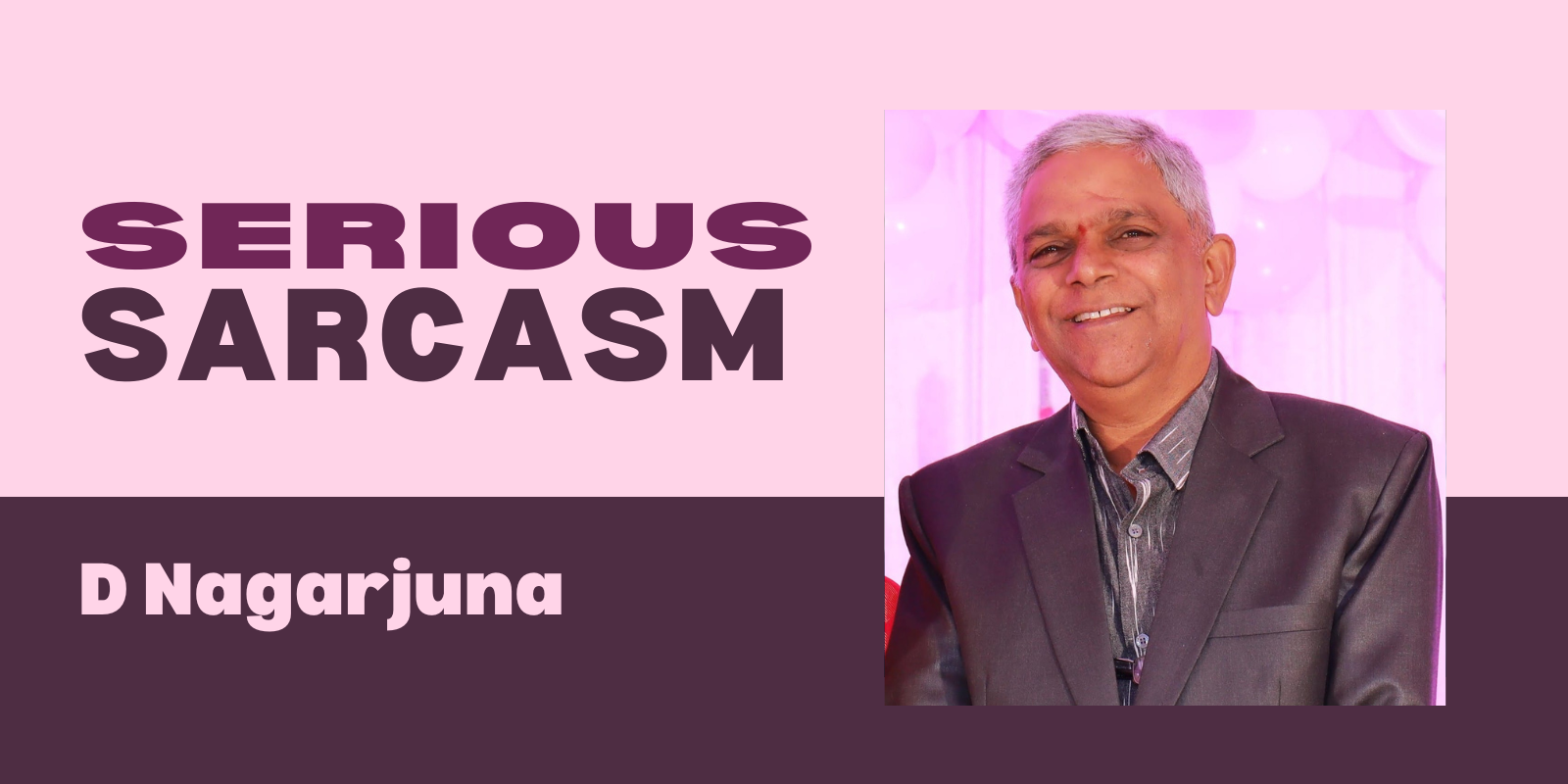Will Pakistan ever publicly declare that it will not engage in cross-border terrorism or stop bleeding India by a thousand cuts? The answer—based on history and political reality—is a resounding no.
That’s why the latest so-called olive branch from former Pakistan Prime Minister Shehbaz Sharif, expressing willingness to engage in “peace talks” with India, must be viewed with caution, suspicion, and historical context.
Shehbaz, currently on a four-day trip to Iran carrying little more than a diplomatic begging bowl, is now making noises about peace with India. But one must ask: Why now?
Isn’t he the younger brother of Nawaz Sharif, whose tenure as Prime Minister ended in disgrace, whose family is mired in corruption scandals, and who remains beholden to Pakistan’s real rulers: the military and the ISI?
If this overtures were genuine, it would have been preceded by tangible action: dismantling terror camps, handing over the 26/11 mastermind Hafiz Saeed, Masood Azhar, and others, or at the very least, shutting down the sprawling jihadi infrastructure that Pakistan’s deep state has nurtured for decades.

Instead, India had to send a message the hard way. After the latest Pahalgam attack, India under Prime Minister Narendra Modi executed precision strikes across the border, neutralising terror launchpads and degrading Pakistan’s air capabilities by targeting nine air bases. It wasn’t just military infrastructure that was hit—it was the very spine of Pakistan’s terrorist export industry: Jaish-e-Mohammad and Lashkar-e-Taiba safe havens.
The reality is simple: Only after being humiliated and cornered does Pakistan talk peace. And that too, not out of goodwill, but out of geopolitical desperation.
Modi’s India: A Line in the Sand
“Talks and terror cannot go together.” This statement by Prime Minister Modi is not just rhetoric; it’s a fundamental shift in Indian foreign policy. The days of appeasement, Track-II diplomacy, and “let bygones be bygones” are over. No more candlelight vigils at Wagah. No more ‘chai pe charcha’ while Indian soldiers are mutilated.
India has laid out its position clearly:
- Hand over Pakistan-Occupied Kashmir (PoK), a territory illegally held since 1947.
- Extradite terrorists responsible for the 26/11 Mumbai attacks, the 2001 Indian Parliament attack, and other atrocities.
- Shut down terror camps operating under the ISI’s watch.
- Publicly renounce terrorism as state policy—with action, not empty statements.
Unless Pakistan meets these pre-conditions, there’s no room for talks. Water and blood cannot flow together—another Modi doctrine that resonates deeply in today’s India.

Pakistan’s audacity in dealing with India stems from decades of Congress-led pusillanimity. From Nehru’s decision to take Kashmir to the UN instead of settling it decisively on the battlefield, to the Simla Agreement that gave away hard-earned military gains in 1971 without getting PoK back, Congress governments have handed Pakistan victory after diplomatic victory.
It was Nehru, against the advice of Sardar Patel, who allowed Pakistan’s illegal occupation of Kashmir to become a “dispute”. It was Indira Gandhi who, after defeating Pakistan in 1971 and creating Bangladesh, let Zulfikar Ali Bhutto walk away without reclaiming PoK or securing justice for 93,000 surrendered Pakistani soldiers. It was Manmohan Singh and his Congress party who kept engaging Pakistan even as bombs ripped through Mumbai, Delhi, and Ahmedabad.
Sharief’s latest statement would’ve found echo chambers during those years, when the Indian establishment saw weakness as virtue. But not anymore.
Lessons From Lahore and Kargil
Even Atal Bihari Vajpayee, a statesman with genuine hopes for Indo-Pak peace, was betrayed. In 1999, after riding a bus to Lahore and extending the hand of friendship, Pakistan responded with the Kargil infiltration, engineered by none other than Nawaz Sharif’s army under Gen. Pervez Musharraf. The present Prime Minister’s brother, Nawaz Sharif, later feigned ignorance, as always, blaming his generals. But the duplicity was clear.
What lesson did India learn? That in Pakistan, elected Prime Ministers are puppets; the strings are pulled by Rawalpindi. The real power lies not in the parliament, but in the barracks and Aabpara—the headquarters of the ISI.
So the question is not whether Nawaz Sharif wants peace. The question is: Does Pakistan’s army want peace? The answer is evident in every ceasefire violation, every infiltration attempt, every arms drop in Kashmir, and every blast on Indian soil.
Talks with Whom? The Army, the ISI, or a Puppet?
It is naïve to speak of “talks” with a civilian government in Pakistan. Nawaz Sharif, Imran Khan, Shehbaz Sharif—it doesn’t matter who the face is. The authority lies elsewhere. India is not negotiating with elected leaders; it’s being baited by a hostile military-intelligence establishment that thrives on perpetual conflict.

This is why any Indian leader or intellectual—be it the Abdullahs of Kashmir or Congressmen like Mani Shankar Aiyar—who advocate dialogue without preconditions must be reminded: Talks must have a partner, and Pakistan has none to offer.
Peace is impossible when one side sees terrorism as a strategic depth. And the world must stop pretending otherwise.
The Tail Will Not Straighten
Expecting Pakistan to change is like trying to straighten a dog’s tail. Decades of American aid, Chinese arms, and Saudi money have created a Frankenstein that survives only by bleeding India. Terrorism is not a byproduct of Pakistan’s instability—it is state policy.
So let us not be fooled by hollow offers from desperate politicians. Let us not entertain talks meant only for global optics or internal appeasement. India has changed. Its red lines are firm. Its leadership is resolute.
Until Pakistan shows irreversible action, not words, on terror, there should be no talks, no meetings, no illusions. Only consequences.




